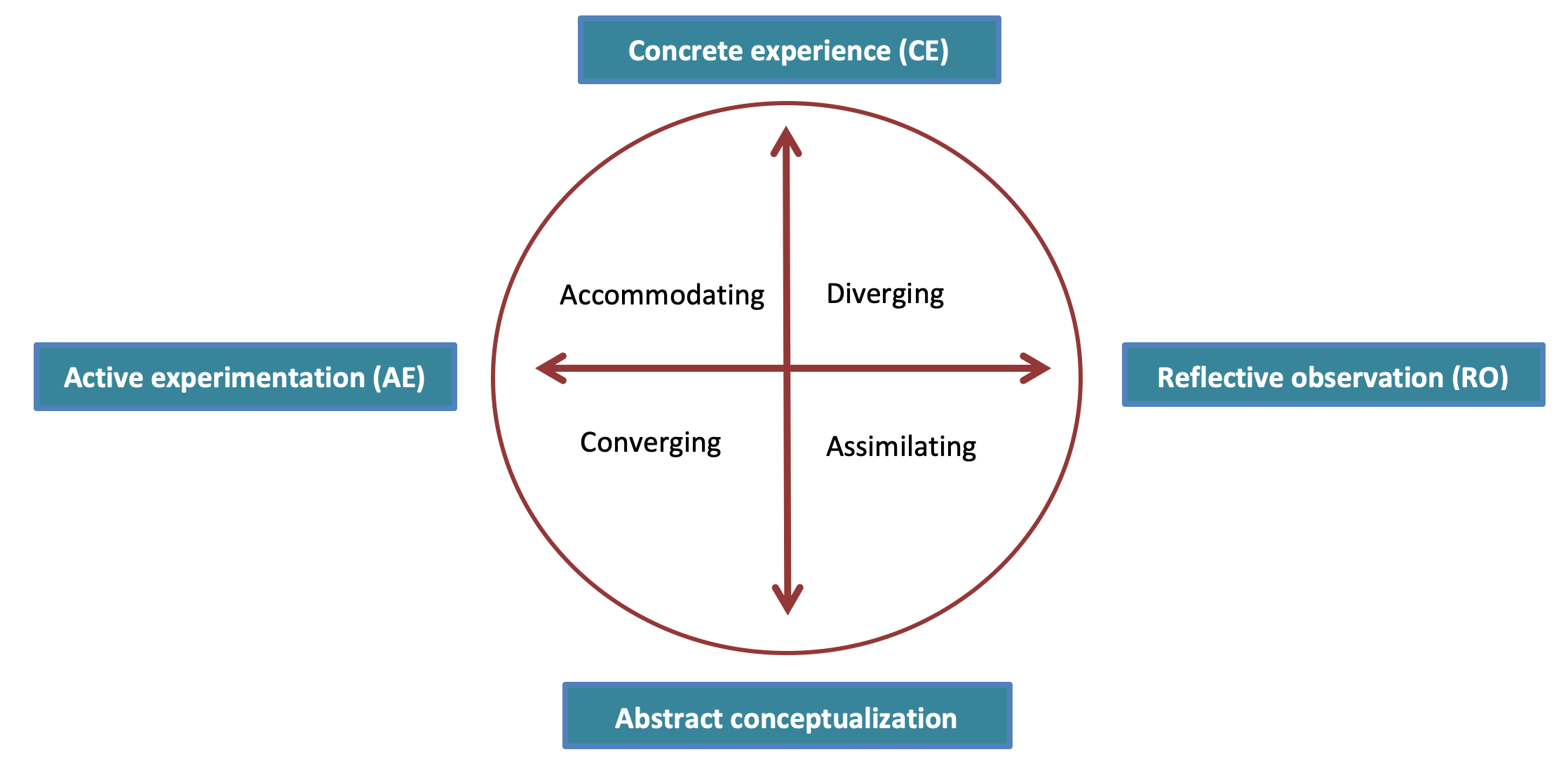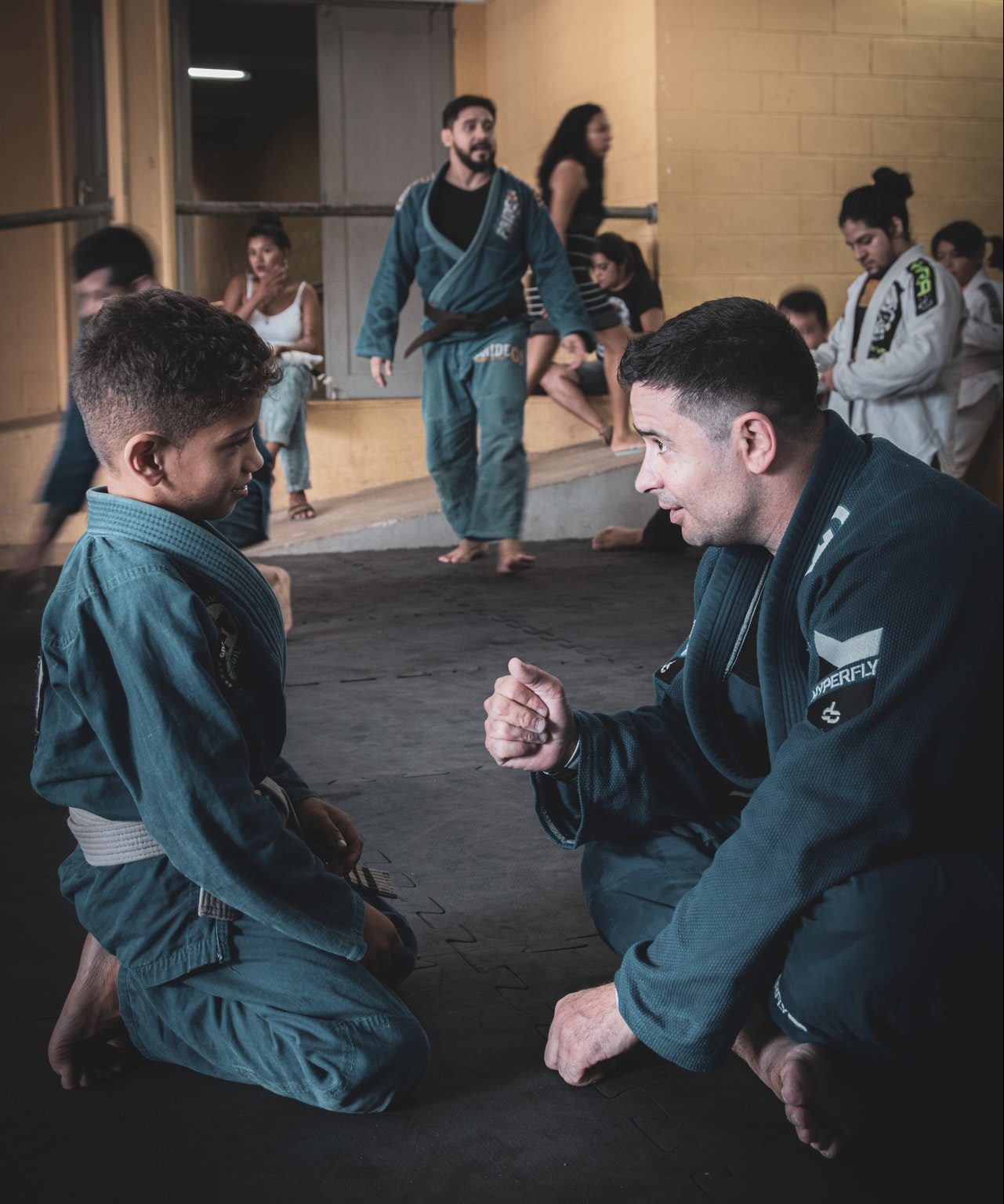sport in nfe
Four possible learning styles are as follows:
- Assimilators – who are appreciative toward ideas and abstract concepts. Their ability to learn lies between abstract conceptualization and reflective observation. The precision of theoretical concepts is considered to be very important. Their greatest strength is inductive reasoning;
- Divergers – in its core are concrete experience and reflective observation. This type has a strong imagination skills as well as awareness towards values. It works best in fast changing environment which requires alteration of ideas;
- Convergers – works the opposite of divergers. They are productive, good problem – solvers and decision makers. Concrete solutions and prompt task accomplishment are of a high value for them;
- Accommodators – emphasize concrete experience and active experimentation. They are passionate doers who appreciate new experiences the most. Highly adaptive to new circumstances and distinct risk-taker.

This learning dimensions or styles are still being widely debated and a topic of great number of research, many years after the introduction of the concept. Studies have explored the links between learning styles and a person’s affinities towards university, as well as their performance during studies. Byrne and Lyons , in their study from 2001, reported correlation between learning style and choice of a subject between students, as Convergers in their study chose programming course which is in line with the assumption that this type would have affection for computer science. Other investigated development of student’s specific soft skills and their utilization for progress and their preferred learning style.
Still, there are not sufficient distinctive research on the correlation between learning styles and sport. The few existing ones focused on the professional athletes or the ones who strive to become one. In order to determine better the relation between recreational sport as a part of non-formal education and learning preference of the individual, youth exchanges could be a suitable environment.
In those regards, it is recommended to investigate the profile of participants before the session or at its core beginning. The method is given in Annex 1 of this document. Send the document to the participants upon informing them on the acceptance to your NFE activity. Ask participants to follow the instructions and send you their responses which will give you the profile of the individuals and the idea of their learning approaches and stiles. In this way you will know the profile of the entire group.
On the other side, different reaction of participants to activities provided during sessions can be easily noted and measured through reflective observation and evaluations. Keep track on this material so after the program is completed you can determine the affinity of the different learning style of participants toward the specific activities. The insights can serve for better design of NFE programs using sport methodologies in future.

